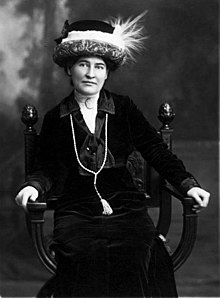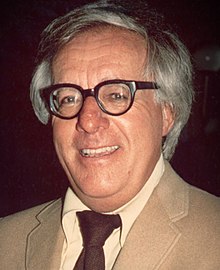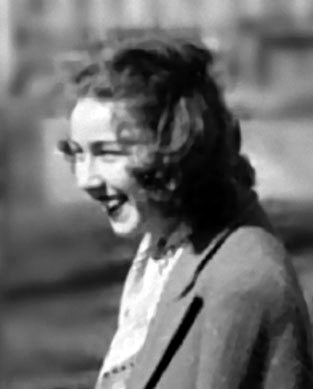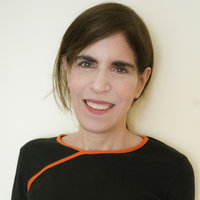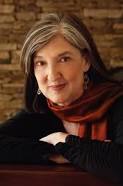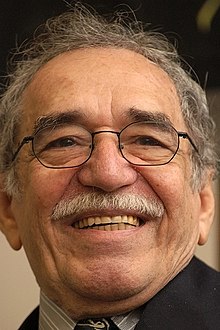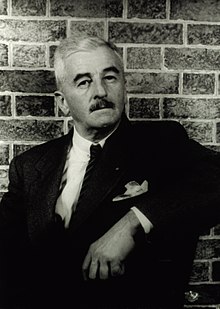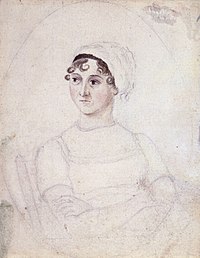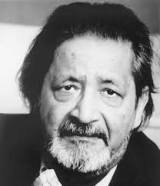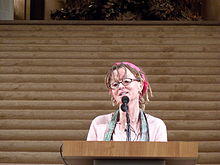Washington State’s star is rising. Awards flood in from Robert Parker’s Wine Advocate, the Wine Spectator and many other publications. But what’s distinctive about the region’s wine? Is there a style or flavor profile that sets it apart? Is there a standout varietal? And is it riesling, merlot, cabernet, syrah or something else?
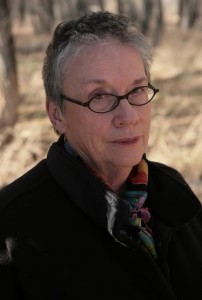
These were the questions raised during a lively seminar at the 2011 Taste Washington on March 26 in Seattle. The panel included winemakers, journalists like yours truly and retailers who debated these questions.
“What the hell is Washington?” asked moderator Bruce Schoenfeld, the wine editor at Travel & Leisure magazine. “Do you define yourself by a grape or a style?
Schoenfeld compared Washington’s diversity with the more unified image of Chile and South Africa, whose regions are making very different wines, but have been forced to work together for marketing.
“Any viticulture district has to be defined by its physical characteristics,” replied Bob Betz, of Betz Family Winery and a Master of Wine (MW). “It’s climate and topography. I’m a terroiriste; the conditions where you grow the grapes lead to sensory expression.”
This begged the question: what are Washington’s distinct sensory impressions? Is there a commonality between Chelan, Red Mountain and Walla Walla?
“We have the ripeness of the new world, and the earth and the elegance of old world regions like Bordeaux and Barolo,” said Shayn Bjornholm, Master Sommelier (MS) of the Washington State Wine Commission. “But we don’t have a sound bite. It’s difficult to give people an elevator pitch.”
Some of the panelists disputed the need for such a pitch, saying all consumers really want is a great bottle, no matter where it comes from.
“Consumers want something delicious,” said Sandy Block (MW) of Legal Seafoods. “If it has a story, a clear identity, the staff will form a picture of how it will work with food. If it’s hazy, with a vague story, it’s a harder sell. What is the story? People don’t have all day to pick out a wine. What causes people to look at the Washington section?”
Part of the reason the story may be hazy is that it’s still unfolding. The region is still in its infancy. Much of its growth and development still lies ahead. After years of leading Travel, Food and Wine Writing Classes to established wine regions like Bordeaux, Provence and Montalcino, Italy (https://www.thewritersworkshop.net/travel.htm, I’ve come to understand just how long it takes regions to develop such distinctive styles and traditions. It will be a while before Washington gets there, no matter how high its quality.
“Old world structure with new world fruit,” said Betz, summing up what he finds distinctive about the state’s wine. “But sometimes the best gauge is the two-point scale—yum or yuck.”
The panelists may not have been able to define exactly what makes Washington wines unique, but they all agreed on its quality. Yum!
Are you a fan of Washington wine? What do you like or dislike about it? What is your favorite house or varietal? I’d love to hear your thoughts.
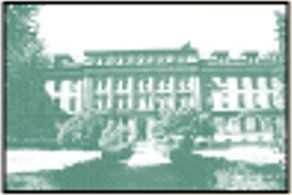 The Writer's Workshop
The Writer's Workshop 